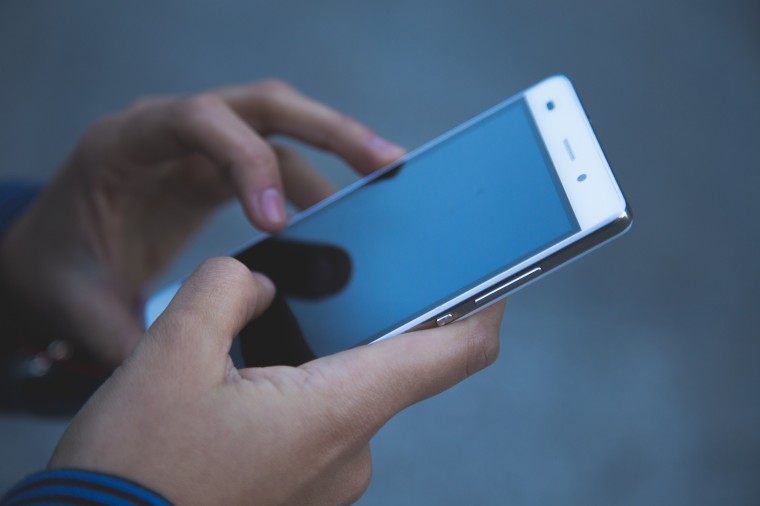
In a recent development in Spain, experts have recommended that smartphones sold in the country should carry health warning labels. This is part of a larger effort to address what many view as a growing public health issue: children spending excessive time in front of screens. The committee behind the report suggests that screen time for children should be severely limited, with recommendations that kids under three should have no screen exposure at all. For children between six and 12, the report suggests opting for “dumb phones” that limit use to calls only, encouraging offline activities like sports instead.
The committee also advocates for doctors to incorporate questions about screen time into regular checkups, screening for potential issues like anxiety, depression, and other mental health concerns linked to excessive device use. These suggestions come as part of Spain’s broader push to protect children from the possible dangers of excessive digital exposure, echoing the type of public health warnings associated with cigarette smoking.
But Spain isn’t the only country trying to rethink how kids interact with tech. Australia recently passed its under-16 social media ban, which aims to block platforms like TikTok, Instagram, and Snapchat for young users. It’s set to roll out next year and comes with hefty fines for platforms that don’t comply. Austrialia says it’s all about protecting kids' mental health and letting them have a real childhood.
In places like France and some U.S. states, there are bans on smartphones in classrooms, but they aren't total lockdowns. For example, France has banned phone use during school hours for kids up to age 15, though exceptions exist for emergencies or disabilities. Similarly, U.S. restrictions vary by state, with some schools outright banning phones during classes and others limiting usage to certain areas or times.
Last year, UNESCO also stepped into the debate, urging global policies to ban phones in classrooms unless they’re strictly needed. Their research claims that even having a buzzing phone nearby can hurt focus, and they point to studies showing improved learning outcomes when phones are removed, especially for students lagging behind their peers.
Via: El País

















7 Comments - Add comment